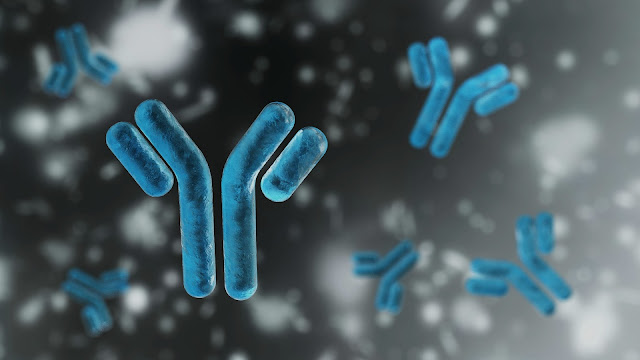Fc Protein and Glycoengineered Antibodies Research to Grow Rapidly
 |
| Fc Protein and Glycoengineered Antibodies |
Fc Protein And Glycoengineered Antibodies are a novel class of therapeutic antibodies that can be used in a variety of diseases. They are highly efficient, and are able to deliver targeted therapies. However, they can be associated with high side effects and pharmacokinetic concerns. Therefore, the development of Fc protein and glycoengineered antibodies is a key strategic priority for pharmaceutical companies.
The main objective of
Fc
Protein And Glycoengineered Antibodies research is to develop a new
generation of antibody that can be used in the treatment of various diseases.
This is done by combining innovative strategies and techniques to improve the
safety, functionality, and efficacy of these antibodies.
Glycosylation of
proteins influences biological activity, protein conformation, stability,
solubility, secretion, pharmacokinetics and antigenicity. It is also a key
quality attribute of the antibody, and efficient and quantitative glycan
analysis is critical to the development and production of therapeutic IgGs.
There are many reasons
for the increasing interest in manipulating the carbohydrate components of the
therapeutic antibody and Fc fusion protein, including the need to optimize
antibody function and to develop novel antibody therapies. This is particularly
the case in the context of precision medicine, where antibodies are designed to
specifically target and inhibit specific cellular targets, such as cancer
cells.
Several studies have
shown that the N-glycans of therapeutic IgG antibodies are a crucial influence
on the biological activity and pharmacokinetics of these compounds. These
glycans can either contribute to a therapeutic effect through enhanced ADCC and
CDC activity or can be a hazard by increasing the toxicity of the antibodies.
In particular, the
N-glycans of the Fc region have been found to play an essential role in the
mechanism of action of most clinically applicable antibodies. They are critical
for the activation of Fcg receptors on leukocytes and C1 component of
complement, which is a major contributor to therapeutic effector functions such
as ADCC and CDC.
To address the impact
of N-glycosylation on the structure and functionality of these antibodies, a
number of different strategies have been developed in recent years. One of the
most widely studied and promising approaches involves chemoenzymatic
glycoengineering (glycosylation engineering) based on endoglycosidase-based
glycosynthases, which can be used to modify the N-glycans of monoclonal
antibodies and Fc fusion proteins in a controlled manner.
As a result, the
control of N-glycosylation in recombinant antibodies can be manipulated without
any additional protein modifications, which could significantly reduce cost and
increase the efficiency of glycosylation engineering. This has been
demonstrated for therapeutic monoclonal antibodies as well as Fc fusion
proteins, which are produced in yeast and other biotechnology platforms.
Recently, in January 2022, Argenx SE, received approval from Ministry of
Health, Labor, and Welfare of Japan for its VYVGART intravenous Fc receptor
blocker for treating patients with generalized myasthenia gravis.



Comments
Post a Comment